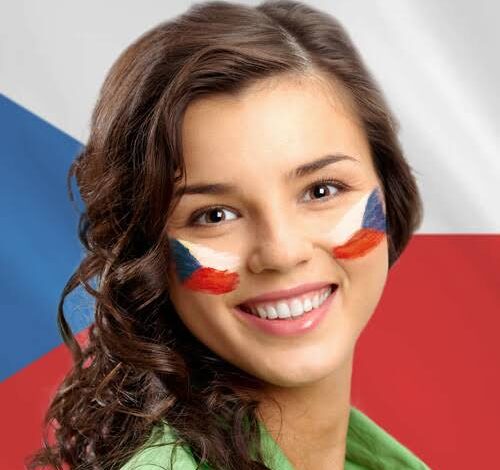10 Things You Are Not Allowed to Do in the Czech Republic

The Czech Republic, with its rich history, stunning architecture, and famous beer culture, attracts millions of tourists each year. While it’s a welcoming and relatively liberal country, there are still rules and social norms that visitors should follow. Here are 10 things you are not allowed to do in the Czech Republic:
1. Drinking Alcohol in Certain Public Spaces
While the Czech Republic is known for its beer, drinking alcohol in public spaces such as parks, streets, and city squares is restricted in certain areas. Cities like Prague have specific zones where consuming alcohol outdoors is prohibited. Look for signs or check with locals to avoid fines.
2. Using Public Transport Without a Valid Ticket
Public transport in the Czech Republic is efficient and widely used, but riding without a valid ticket is strictly enforced. Inspectors often perform random checks, and penalties for fare evasion can be steep. Make sure to purchase and validate your ticket before boarding.
3. Smoking in Restaurants, Bars, and Public Places
Since 2017, smoking in indoor public spaces, including restaurants, bars, cafes, and public buildings, has been banned. There are designated smoking areas outside, but ignoring the ban indoors can result in fines. Always look for smoking-permitted zones if you are a smoker.
4. Disturbing the Peace at Night
Quiet hours are taken seriously in the Czech Republic, especially in residential areas. Between 10:00 PM and 6:00 AM, it’s illegal to make excessive noise. This includes loud music, parties, and shouting. Violating this rule can lead to fines or complaints from neighbors.
5. Ignoring Pedestrian Crossing Rules
In the Czech Republic, jaywalking is not taken lightly, and pedestrians are expected to use crosswalks when available. Failure to do so, or crossing when the signal is red, can lead to fines. Drivers are also obligated to yield to pedestrians at crosswalks, making it crucial to follow the rules.
6. Using Drones in Restricted Areas
Flying drones in the Czech Republic is subject to strict regulations. It is illegal to fly drones over populated areas, near airports, or in locations with historical monuments without permission. Violating drone laws can result in heavy fines, so always check local regulations before operating one.
7. Taking Unauthorized Photographs in Museums and Galleries
Photography is often restricted in certain museums, galleries, and cultural sites in the Czech Republic. While some locations allow photography without flash, others may prohibit it altogether. Always check signage or ask staff for permission before taking pictures in cultural institutions.
8. Littering in Public Spaces
The Czech Republic is known for its clean streets and well-maintained public spaces. Littering is not tolerated, and fines are imposed on those caught leaving trash in parks, streets, or public areas. Dispose of waste in designated bins to help keep the environment clean.
9. Camping Outside Designated Areas
Wild camping is not allowed in the Czech Republic. You must use official campsites or areas where camping is permitted. Unauthorized camping on private or public land can lead to fines and other penalties. Always seek permission if you’re unsure whether camping is allowed in a particular spot.
10. Buying, Possessing, or Using Illegal Drugs
The Czech Republic has relatively lenient drug laws, allowing possession of small amounts of marijuana for personal use. However, possession of larger quantities, hard drugs, or drug trafficking is strictly illegal and carries severe penalties. It’s crucial to know the legal limits and avoid any involvement with illegal substances.
The Czech Republic is a beautiful and hospitable country, but like any destination, it has its set of rules and customs that visitors should respect. Understanding and following these regulations will ensure you have a pleasant experience while avoiding unnecessary legal trouble. Always be mindful of the country’s guidelines, and when in doubt, seek advice from locals or authorities to stay on the right side of the law.




